In light of India introducing its National Education Policy (NEP) recently, and to commemorate Teacher's Day on September 5, Kartavya Sadhana will be publishing a three-part series written by Ujjwala Deshpande, where she talks about her journey in the education system - from a student to a teacher. Besides having an experience of 10 years of teaching Sociology to BA and MA students, she is also an awardee of the Sabarmati fellowship.
With this rich background and her understanding of the Gandhian concept of education, she analyzes the contemporary methods of the teaching and learning process in the higher education system. This first part of the article focuses on the writer’s reflections as a student and teacher amidst the influence of her surroundings.
Education is a major part of our lives, especially when you work in the education sector. So, what more or different am I going to share that has not been shared already? It may not be different topic-wise, but it certainly is different content-wise as these are my reflections about my experiences as a student and as a teaching faculty of BA and MA courses.
We are all the products of our surroundings. At the same time, we are also the actors producing and shaping our surroundings. Our childhood phase comprises the most impressive years which build our life foundations. Later on, we learn from our experiences, the phenomena around us, and then our thoughts/feelings, etc.
The first twelve years of my life – my childhood years – were shaped by the teachings of my maternal grandparents. My grandfather was a Gandhian freedom fighter and my grandmother a home-maker. Both were a product of their times – times when India’s Freedom Struggle was at its peak. They both came from financially poor backgrounds but together they created an environment that was rich in cultivating human relationships.
Like many other families, they too had their struggles in the newly independent India – a big family, only one bread-earner. But their solid belief in the ethical values and righteousness of human nature, even in the face of an evolving society, was the savior of all.
Along with my younger brother, I grew up witnessing their hard work at home and outside the home. When I think of those days now, I remember being extremely happy in a very small house with several people but very few belongings. We learned values of simplicity, hard work, and caring in this informal setup. Being truthful to oneself as well as with others was another value that I learned and treasured.
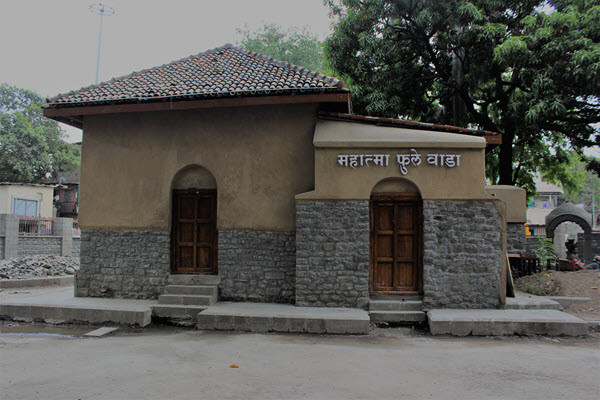
This was also a very conflicting period in my childhood. I was staying in a very prominent, but extremely orthodox area of Pune – Kasba Peth, an area dominated by the Brahmins. It was a long way from Ghorpadi Peth where the great social reformers Phules lived, and further away from a place like Camp which was known as a cosmopolitan part of Pune.
We were the tenants of a very orthodox Brahmin priest family. In their families, females were prohibited from attending schools, they were not allowed to cut their hair or wear frocks, and were married at the tender age of 12.
Yes, this was happening in the late 1980s. So, when I joined a very well renowned school in Pune, I was ridiculed. Not much was said directly, but indirectly their derision reached us. My parents were advised to marry me off – I was only 10! I was not to be touched as I had a haircut! And if and when our landlord used to visit us at our home, they would only accept milk from silverware, because steel wasn’t allowed.
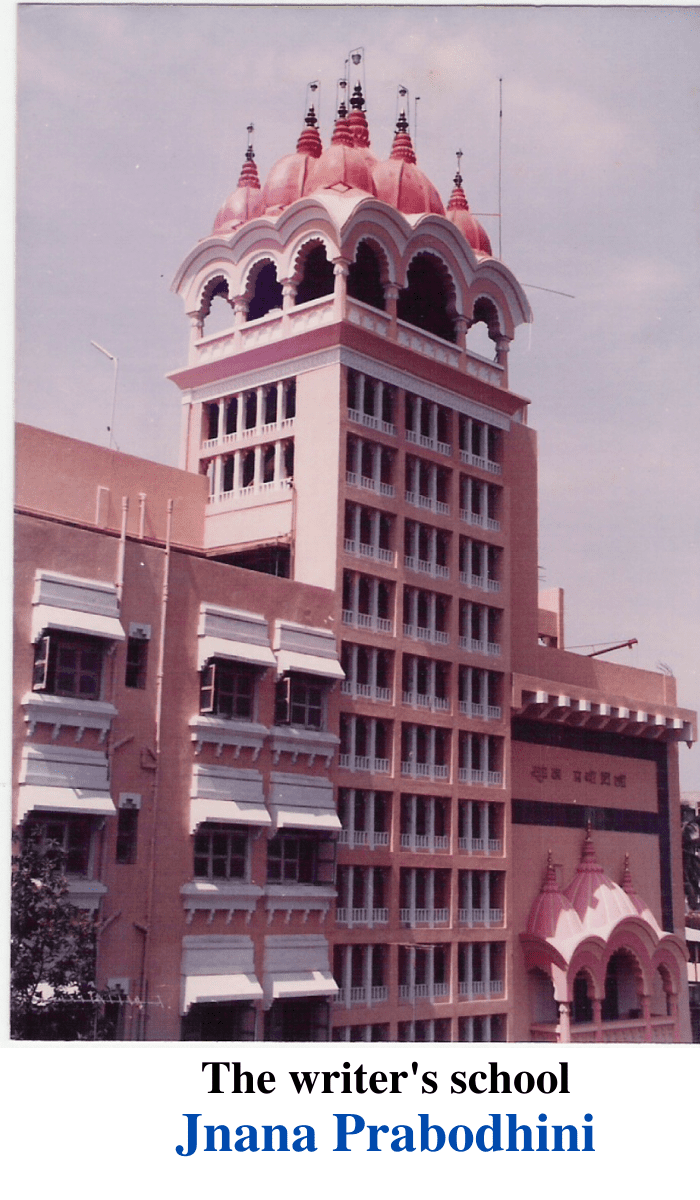 Regardless of such an environment, I turned out to be a very rational and logical minded individual. I was always encouraged to ask questions in my school, play on the ground till my heart was full, do various projects of my liking, read a lot, participate in social activities – all this, when I was not a ‘bright student’ as my grades indicated!
Regardless of such an environment, I turned out to be a very rational and logical minded individual. I was always encouraged to ask questions in my school, play on the ground till my heart was full, do various projects of my liking, read a lot, participate in social activities – all this, when I was not a ‘bright student’ as my grades indicated!
In present times, when even great minds are divided or idolized according to their castes and religions, notwithstanding my Brahminical background, I grew up idolizing Jyotirao Phule and Savitribai Phule. In the later years, I came across the readings of, and on, M. K. Gandhi and B.R. Ambedkar. They all have guided me in the important decisions of my life – professional and personal.
Society was evolving slowly while I was growing up. The values cherished at the time of independence had started becoming obsolete; people still following them were labeled as impractical. My family and my school were shaping my life-view. All the good things that I had learned as a child, and as a teenager helped me.
Things started changing when I was studying for my graduation in Sociology. My experience of the higher education system – as a student and as an assistant professor – was not at all aligned with what I was learning about Phule, Ambedkar, and Gandhi in Sociology. India was on the verge of accepting ‘Liberalization, Privatization and Globalization’ (LPG) model.
I came across Sociology in the first year of my senior college. Sociology for me was a ‘Study of Society’ badly done, as it was always conducted in the classroom. We never went out for any fieldwork! I was used to learning things by seeing them, experiencing them, and doing them whenever possible.
However, that was during the school days. This was college – higher education. It was quite frustrating because we never had any permanent teachers. Some seniors were retiring, some were hired contractually, and for an important paper like Research Methodology, we never had a teacher (one lady came for a few days and used my notes i.e., student’s notes, to teach the class!).
I did my M. A. as an external student, but the study I did on my own was a sincere effort. This part was not difficult as I was very well trained in self-study and making my notes from a very early age. So I expected the same from my students afterward but was in for a shock. My teaching days taught me more about higher education than my days as a student.
When I joined the teaching fraternity, I had my school teachers and my grandparents in mind. The way I was empowered with their teachings, I wanted to share that wealth with my students. But this journey of almost ten years was not smooth. It was filled with angst, depression, helplessness, and even alarm.
It does not matter if you have less materialistic facilities in the educational institutions – especially the ‘five-star’ kind of infrastructure, but it is of paramount importance that the faculty must be of extremely good quality. By good quality, I don’t only mean the technical skills and qualifications required – like SET / NET / Ph.D., etc. but also their capabilities as teachers/facilitators since we are dealing with young kids, and teenagers coming from diverse backgrounds. We must be sensitive, good listeners, trustworthy, action-oriented teachers. But in reality, how do these primary people, who are influencing the whole system, behave?
In his article, academic Satish Deshpande has observed that “centralised structures risk breeding a narcissistic elite accountable to no one”. I have witnessed this in my short career of 10 years of teaching Sociology, that ‘all others’ – except ‘these narcissistic elites’ – are stupid and do not deserve to be where they are! This attitude is suicidal for education as a whole and specifically for the subject which takes pride in teaching Phule and Ambedkar as its main Sociological theorists while simultaneously condemning the Brahminical attitude!
The hypocrisy prevalent in all spheres of life is seen more so in the educational arena. According to a report by Prof. Yash Pal in the year 2009 has observed that ‘new knowledge and new insights have often originated at the boundaries of disciplines. We have tended to imprison disciplinary studies in opaque walls. This has restricted flights of imagination and limited our creativity. This character of our education has restrained and restricted our young right from the school-age and continues that way into college and university stages’.
At the University level, I was a member of the committee which was constituted to design the syllabus for the Master course of Sociology. I suggested Nobel laureate Amartya Sen for the ‘Sociology of Globalisation’ paper. But the experts rejected him because his Nobel Prize was in Economics!
- Ujjwala Deshpande
ujjwala.de@gmail.com
Part 2 of this three-part series can be read here. Part 3 can be read here.
Tags: Education Ujjwala Deshpande National Education Policy New Education Policy NEP Jyotirao Phule Savitribai Phule M. K. Gandhi B. R. Ambedkar Contemporary Teaching Learning Process Load More Tags

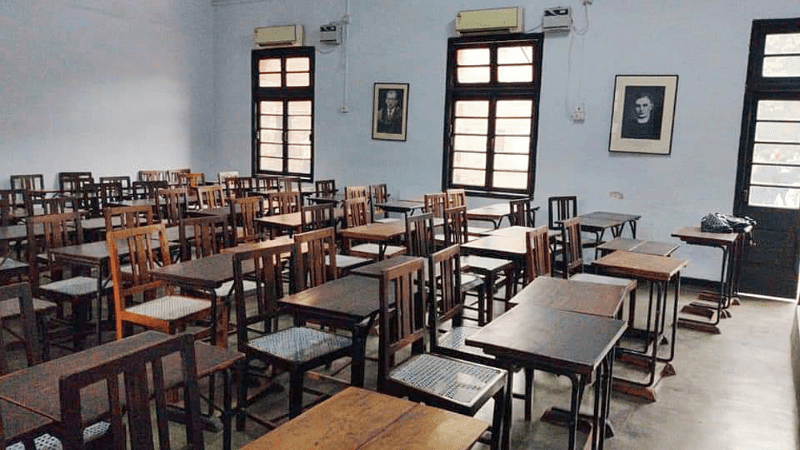


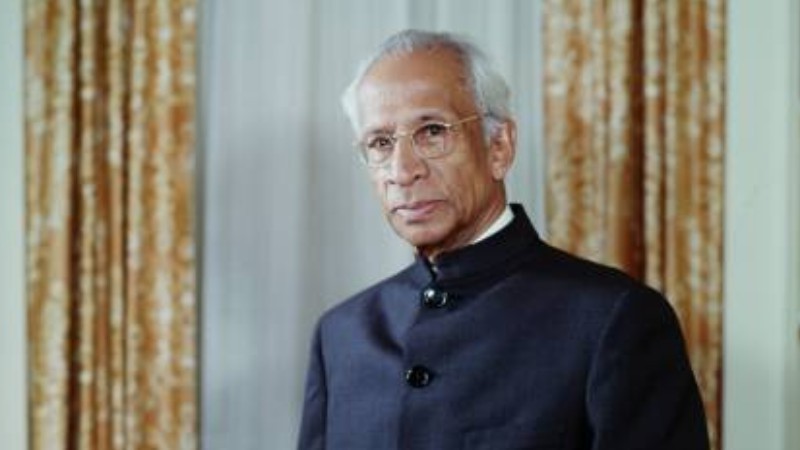
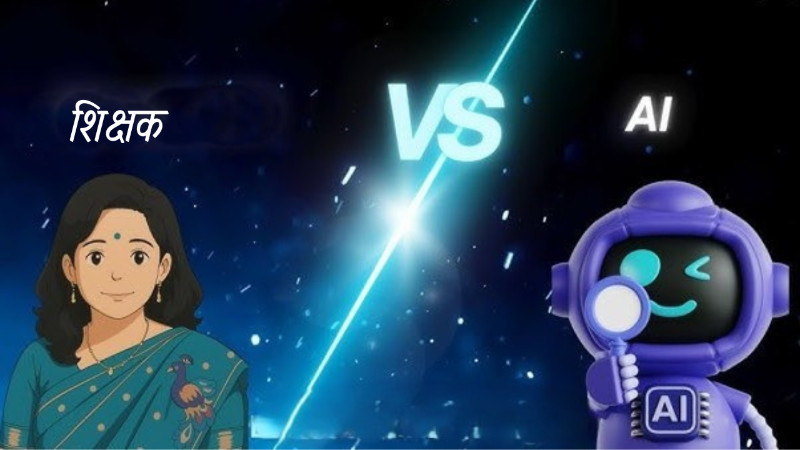
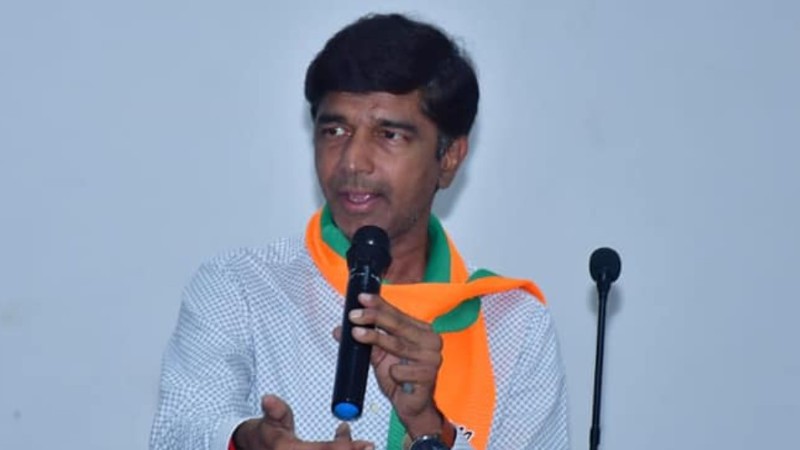
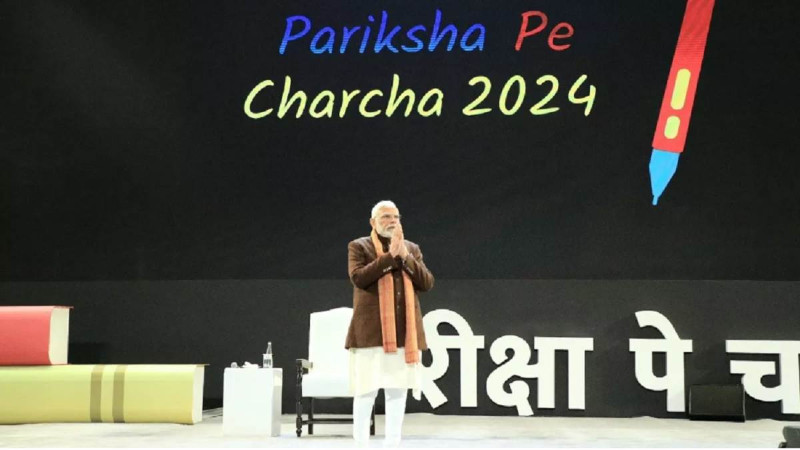
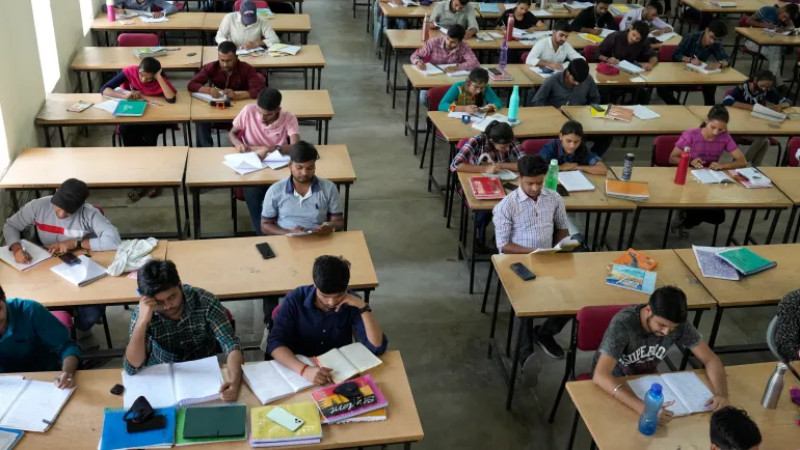
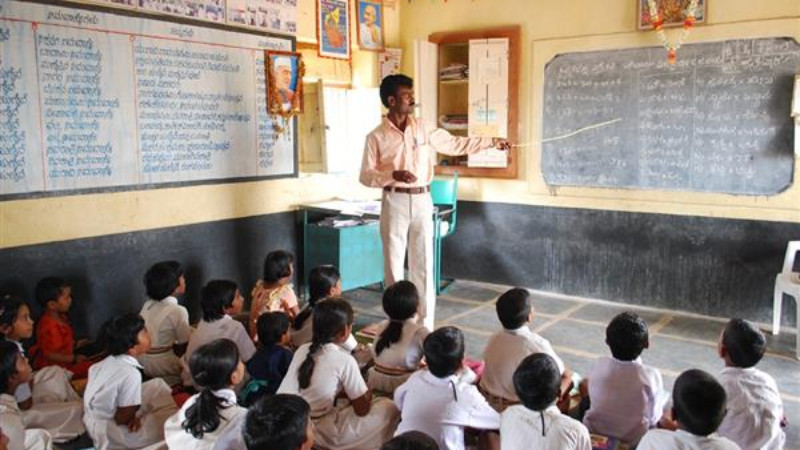



























Add Comment